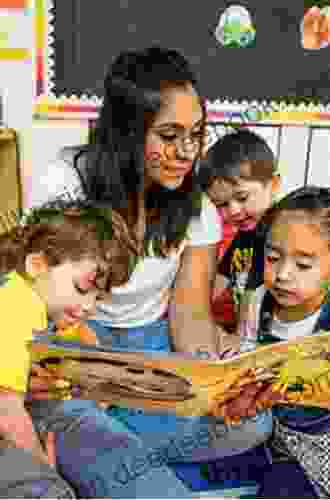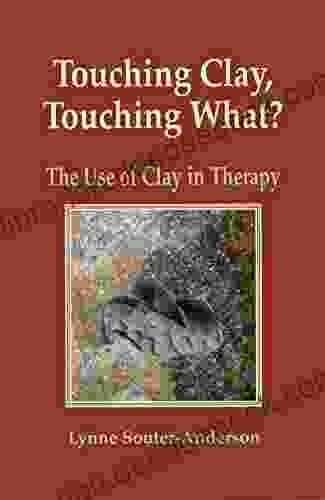Kant's Philosophy: A Comprehensive Study for Educators

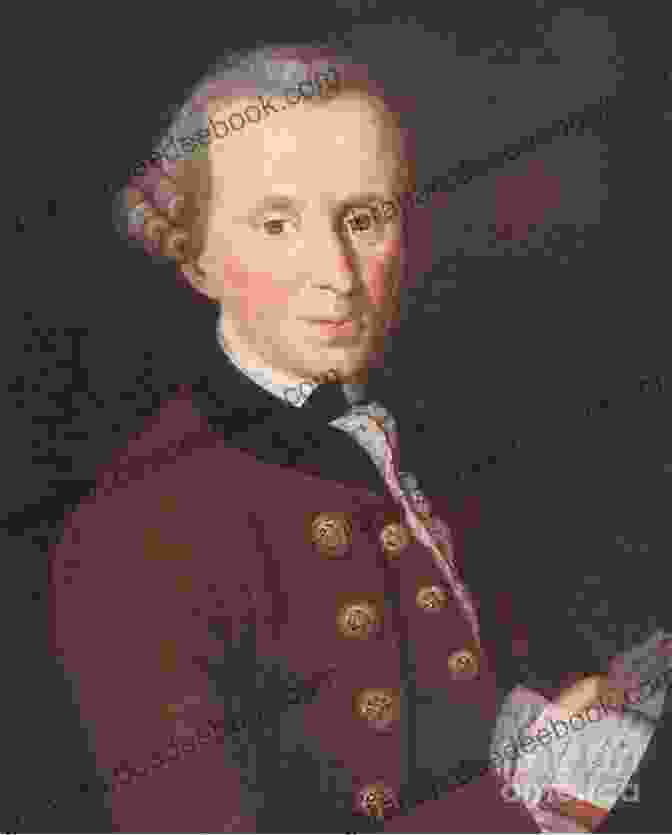
Immanuel Kant is one of the most influential philosophers in the Western tradition. His work has had a profound impact on philosophy, ethics, and politics. Kant's philosophy is often seen as a turning point in the history of thought, marking the transition from the rationalism of the Enlightenment to the skepticism of the 19th century.
5 out of 5
| Language | : | English |
| File size | : | 1046 KB |
| Text-to-Speech | : | Enabled |
| Screen Reader | : | Supported |
| Enhanced typesetting | : | Enabled |
| Word Wise | : | Enabled |
| Print length | : | 282 pages |
| X-Ray for textbooks | : | Enabled |
This article provides a comprehensive overview of Kant's philosophy, with a special focus on its implications for educators. We will explore Kant's key ideas on knowledge, morality, and the nature of human beings. We will also discuss how Kant's philosophy can be used to improve teaching and learning.
Kant's Epistemology
Kant's epistemology, or theory of knowledge, is based on the idea that human knowledge is limited by the structure of our minds. We can only know things that appear to us through our senses, and we can only understand those things in terms of the categories of our understanding.
Kant argues that there are two sources of human knowledge: experience and reason. Experience provides us with the raw data of our senses, while reason provides us with the concepts and categories that we use to organize and understand our experience.
Kant's epistemology has a number of implications for educators. First, it suggests that we can only teach students what they are capable of understanding. We cannot expect students to understand abstract concepts until they have had the necessary experiences. Second, Kant's epistemology emphasizes the importance of critical thinking. We must teach students to question their assumptions and to think for themselves.
Kant's Ethics
Kant's ethics is based on the idea that the only thing that is good without qualification is a good will. A good will is a will that is motivated by duty, not by self-interest.
Kant argues that we have a moral duty to act in accordance with the categorical imperative. The categorical imperative is a universal moral law that we can discover through reason. The categorical imperative has two formulations:
1. Act only according to that maxim whereby you can, at the same time, will that it should become a universal law. 2. Treat humanity, whether in thine own person or in that of another, always at the same time as an end and never simply as a means.
Kant's ethics has a number of implications for educators. First, it suggests that we should teach students to value duty above all else. We should teach them to act in accordance with the categorical imperative, even when it is difficult or inconvenient. Second, Kant's ethics emphasizes the importance of respecting others. We should teach students to treat others as ends in themselves, never as mere means to our own ends.
Kant's Anthropology
Kant's anthropology, or theory of human nature, is based on the idea that human beings are rational creatures. We are capable of understanding the world around us and of acting in accordance with our own free will.
Kant argues that human beings are fundamentally good. We are born with a moral sense, and we have the capacity to develop our moral character. However, Kant also recognizes that human beings are flawed. We are often tempted to act in accordance with our self-interest, even when we know that it is wrong.
Kant's anthropology has a number of implications for educators. First, it suggests that we should have a positive view of our students. We should believe that they are capable of learning and growing. Second, Kant's anthropology emphasizes the importance of moral education. We should teach students about the categorical imperative and help them to develop their moral character.
Kant's philosophy is a vast and complex subject. However, it is also a profoundly important subject for educators. Kant's ideas about knowledge, morality, and human nature can help us to understand ourselves and our students better. They can also help us to improve our teaching and learning.
5 out of 5
| Language | : | English |
| File size | : | 1046 KB |
| Text-to-Speech | : | Enabled |
| Screen Reader | : | Supported |
| Enhanced typesetting | : | Enabled |
| Word Wise | : | Enabled |
| Print length | : | 282 pages |
| X-Ray for textbooks | : | Enabled |
Do you want to contribute by writing guest posts on this blog?
Please contact us and send us a resume of previous articles that you have written.
 Book
Book Novel
Novel Page
Page Chapter
Chapter Story
Story Library
Library Paperback
Paperback E-book
E-book Newspaper
Newspaper Sentence
Sentence Shelf
Shelf Foreword
Foreword Preface
Preface Annotation
Annotation Footnote
Footnote Codex
Codex Tome
Tome Classics
Classics Library card
Library card Narrative
Narrative Biography
Biography Encyclopedia
Encyclopedia Dictionary
Dictionary Thesaurus
Thesaurus Character
Character Librarian
Librarian Catalog
Catalog Stacks
Stacks Archives
Archives Periodicals
Periodicals Study
Study Research
Research Reserve
Reserve Journals
Journals Reading Room
Reading Room Interlibrary
Interlibrary Literacy
Literacy Dissertation
Dissertation Storytelling
Storytelling Awards
Awards Serge Bouchard
Serge Bouchard John Laidler
John Laidler David M Levy
David M Levy Bonnie Tiell
Bonnie Tiell Annette Vegas
Annette Vegas Lu Clifton
Lu Clifton Gaia J Mellor
Gaia J Mellor Ricardo Butler
Ricardo Butler Heidi Boyd
Heidi Boyd Nigel Allsopp
Nigel Allsopp Michael S Jeffress
Michael S Jeffress Lisa Pelto
Lisa Pelto Mardi Oakley Medawar
Mardi Oakley Medawar Leena Lehtolainen
Leena Lehtolainen Andrew G Marshall
Andrew G Marshall Steve Sjogren
Steve Sjogren Jon Lewis
Jon Lewis Seth Friedman
Seth Friedman Jeanne E Abrams
Jeanne E Abrams Dorothy Dreyer
Dorothy Dreyer
Light bulbAdvertise smarter! Our strategic ad space ensures maximum exposure. Reserve your spot today!
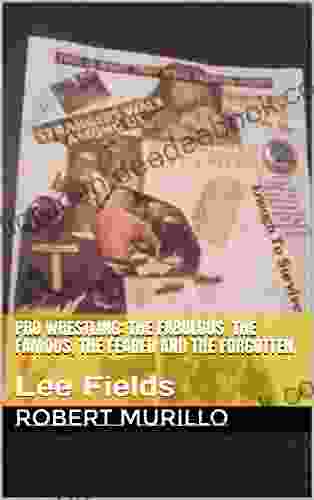
 Gage HayesThe Fabulous, The Famous, The Feared, and The Forgotten: A Comprehensive Look...
Gage HayesThe Fabulous, The Famous, The Feared, and The Forgotten: A Comprehensive Look...
 Julio Ramón RibeyroThe Propaganda Bureau: Martin Alperen's Unorthodox Tapestry of Art, Ideology,...
Julio Ramón RibeyroThe Propaganda Bureau: Martin Alperen's Unorthodox Tapestry of Art, Ideology,...
 Douglas PowellThe Ultimate Guide to Drawing Kawaii Characters: Draw Kawaii Animals with...
Douglas PowellThe Ultimate Guide to Drawing Kawaii Characters: Draw Kawaii Animals with... Shannon SimmonsFollow ·9.8k
Shannon SimmonsFollow ·9.8k Kendall WardFollow ·18.4k
Kendall WardFollow ·18.4k Thomas MannFollow ·2k
Thomas MannFollow ·2k Connor MitchellFollow ·3.1k
Connor MitchellFollow ·3.1k Branson CarterFollow ·15.6k
Branson CarterFollow ·15.6k Bryson HayesFollow ·13.1k
Bryson HayesFollow ·13.1k Bryce FosterFollow ·8.5k
Bryce FosterFollow ·8.5k Jay SimmonsFollow ·17.7k
Jay SimmonsFollow ·17.7k

 Jayden Cox
Jayden CoxSupercharge Your Child's KS1 Maths Skills with the...
As a parent, you want to provide...

 Jaime Mitchell
Jaime MitchellSanta in Montana: Calder 11 - A Magical Destination for...
Nestled amidst...
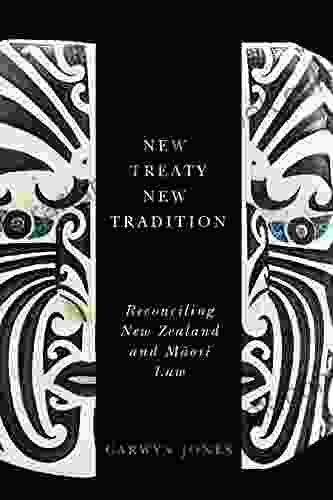
 Braden Ward
Braden WardReconciling New Zealand and Maori Law: A Path Forward
The relationship...

 Alexandre Dumas
Alexandre DumasEnchanting Delights: Exploring Tchaikovsky's Beloved...
The Nutcracker Suite, composed by the...

 Vernon Blair
Vernon BlairHow To Make Multi Colored Aromatic Healing Soaps
Stepping into a warm bath infused with the...
5 out of 5
| Language | : | English |
| File size | : | 1046 KB |
| Text-to-Speech | : | Enabled |
| Screen Reader | : | Supported |
| Enhanced typesetting | : | Enabled |
| Word Wise | : | Enabled |
| Print length | : | 282 pages |
| X-Ray for textbooks | : | Enabled |


